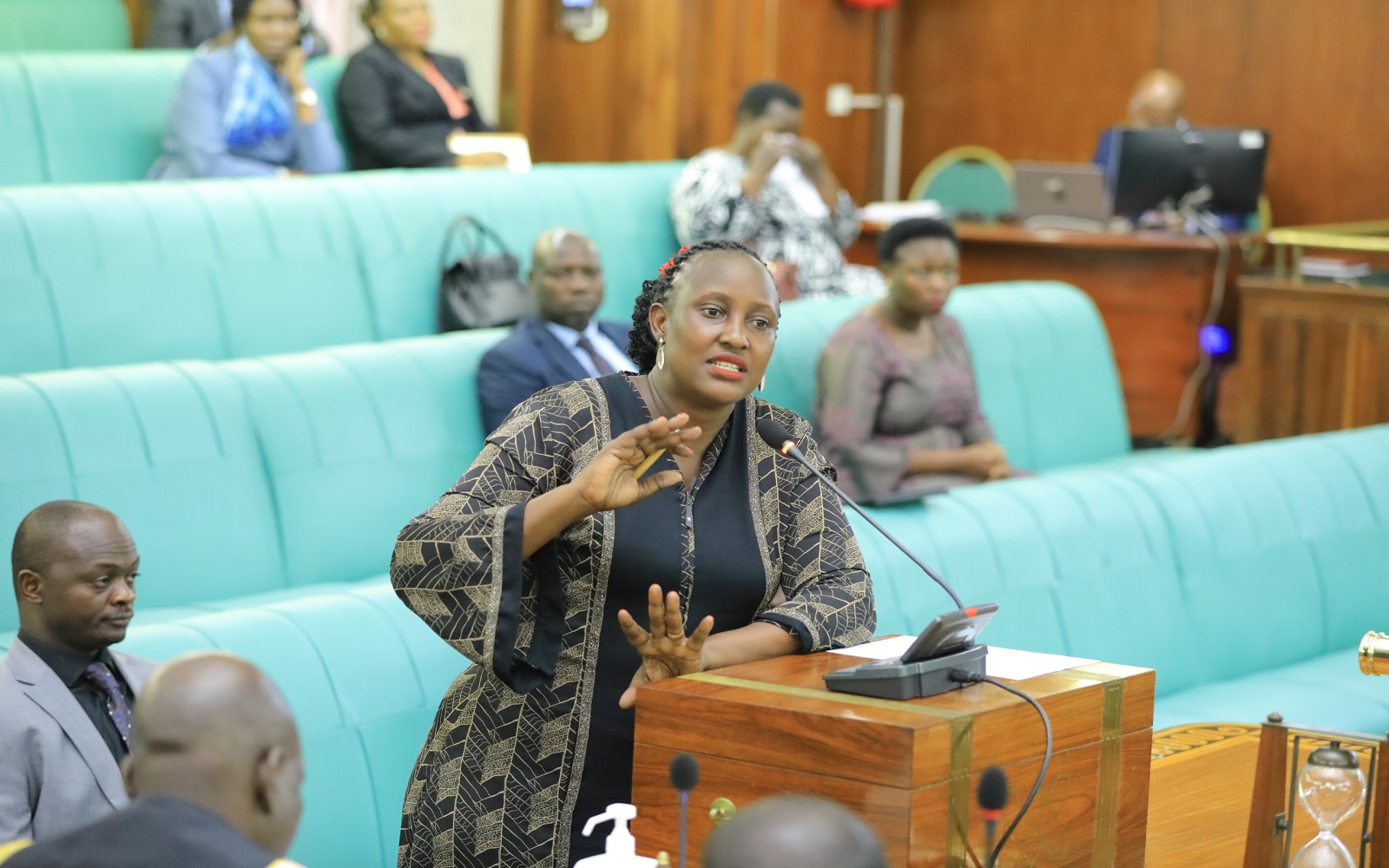Alcoholic Drinks Control Bill Fails in Parliament Vote, Economic Concerns Cited
Members of Uganda’s Parliament have unanimously rejected the Alcoholic Drinks Control Bill 2023, which was introduced by MP Sarah Opendi. The bill aimed to introduce strict regulations on the production and sale of alcoholic beverages.
The proposal was supported by some members who highlighted public health concerns. Christopher Komakech, an Independent MP from Aruu County, cited alarming statistics about alcohol consumption in Uganda. He referenced the World Health Statistics Report 2023, which ranks Uganda high in global alcohol consumption, and a 2021 Uganda National Household Survey, indicating that young adults aged 18 to 35 are the highest consumers of alcohol. Komakech argued that the high average annual alcohol consumption of 12.21 liters per person creates significant health risks, including chronic diseases, and necessitates regulation of alcohol-related activities.
However, the majority of MPs opposed the bill, citing economic concerns. Sylvia Nayebale, chairperson of the committee on trade, tourism, and industry, reported that the alcohol industry significantly contributes to the Ugandan economy. According to Nayebale, Nile Breweries Ltd and Uganda Breweries Ltd generate about 1.1 trillion Ugandan shillings in tax revenue annually. Additionally, the alcohol industry supports grain farmers, contributing around 205 billion shillings to their revenue.
Nayebale also highlighted that a 2021 report by Nile Breweries estimated that illicit alcohol makes up a significant portion of the market, valued at 2 trillion shillings, which is not monitored or taxed by the Uganda National Bureau of Standards (UNBS). The report also noted that relocating bars as proposed by the bill could result in higher rental costs, potentially leading to a 40% reduction in revenue and a loss of 2.6 trillion shillings in the alcohol sector.
The bill faced legal objections as well. Attorney General Kiryowa Kiwanuka criticized the bill for not seeking legal advice and for conflicting with existing laws, such as those managed by UNBS, the Employment Act, and the Industrial Act. He argued that the bill would cause regulatory confusion and suggested that its provisions be integrated into existing laws instead.
The debate also included procedural concerns. Jonathan Odur, MP for Erute South, warned that proceeding with the bill without addressing legal issues could breach parliamentary rules. Despite Opendi’s plea for more time to address concerns and the warning of public health risks, including the presence of harmful substances in alcoholic drinks, the bill was not allowed to proceed to a vote for a second reading.




















